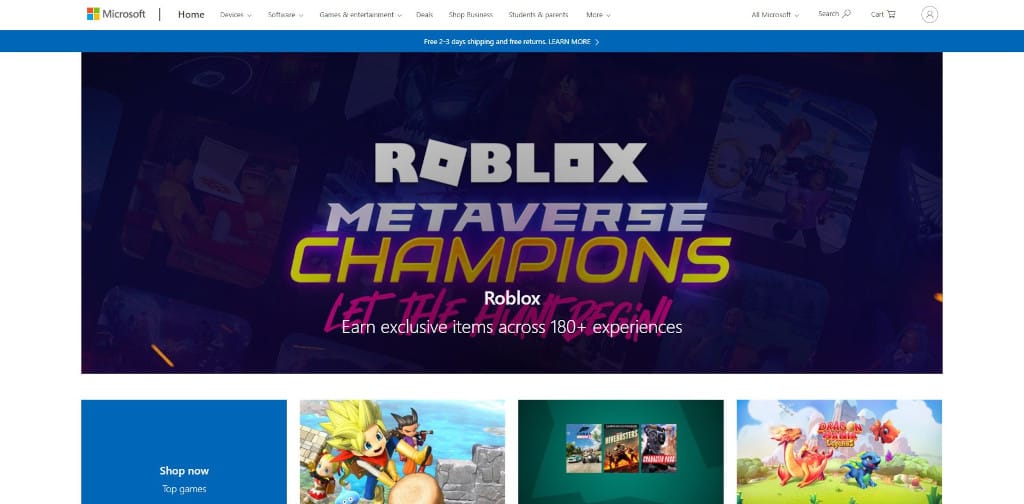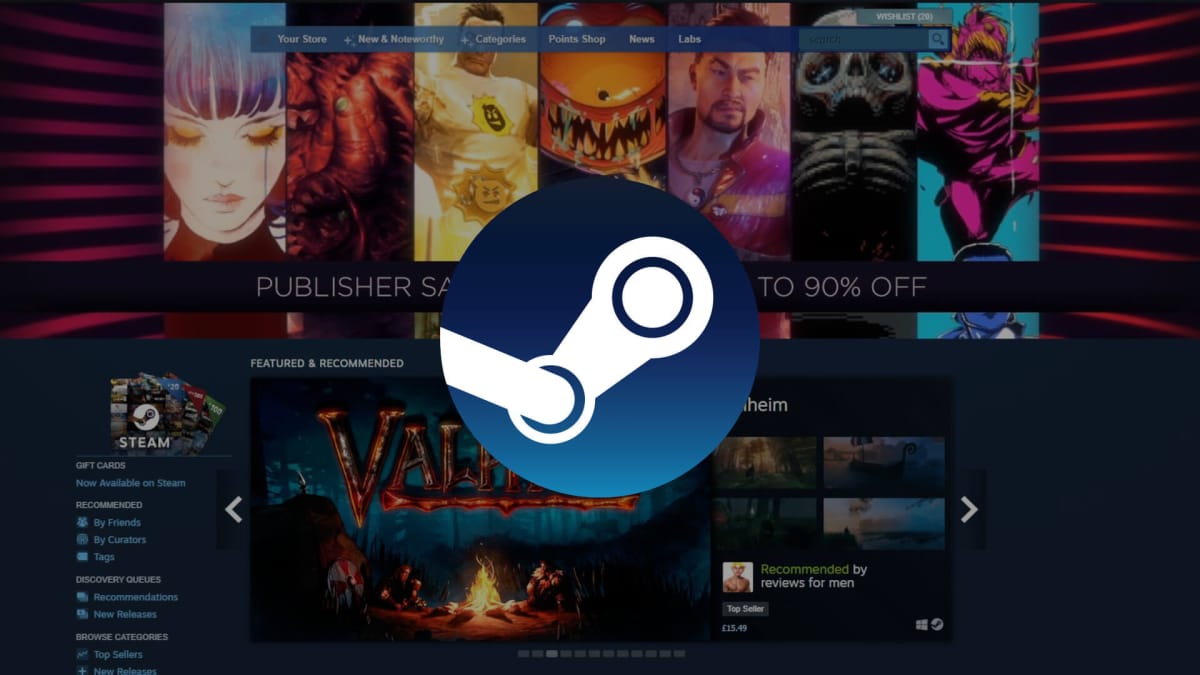Humble Bundle creator Wolfire Games has accused Valve of controlling game prices on non-Steam stores. According to Wolfire, Valve tells developers it will remove their games from Steam if they charge less for those games on other platforms than they do on Valve's store.
Why is Wolfire making these accusations against Valve?
Last week, Wolfire announced it would be suing Valve over what it considers to be an unfair monopoly on PC gaming. Now, the studio has released a blog post detailing more of its reasons for bringing that lawsuit. In the post, Wolfire's David Rosen details his experiences releasing his game Overgrowth on stores with lower commission rates than Valve (which typically takes 30% of a developer's profits on Steam, although this number changes depending on sales figures). According to Rosen, he told Valve he would be launching his game at a lower price on those stores, whereupon Valve told him it would "remove Overgrowth from Steam if I allowed it to be sold at a lower price anywhere".

Rosen says he believes other developers who have also charged less for their games on non-Steam platforms have been approached by Valve, "telling them that their games will be removed from Steam" if the prices were not raised to achieve parity. Rosen says that given Valve's prominence in the PC gaming market, devs don't want to miss being on Steam, as this would impact their sales hugely. As a result, devs have little choice but to sell their games on Steam and "do as they're told by Valve". According to Rosen, Valve has reached a "certain level of power" that takes away the freedom of gamers to choose, competing stores to price competitively, and developers to use different pricing models.
Why do some industry figures say Valve has a monopoly?
As it stands, Valve takes a 30% commission of profits made by games sold on Steam (Steam keys sold outside of Steam don't require paying Valve). Once a Steam game reaches the $10 million figure, that cut decreases to 25%, and decreases further once the sales figures reach $50 million. Steam is easily the most recognizable and widely-used PC gaming platform in the world, so many developers don't think they have a choice but to sell their products on Steam, even if they don't want to pay those commission rates. It's this alleged breach of anti-trust laws that Wolfire is taking on in its lawsuit.

In the past few years, storefronts such as the Epic Games Store have promised a much smaller commission, giving developers the lion's share of the profits. Epic takes just 12% of profits, leaving developers with the remaining 88%. Last week, Microsoft also made a pledge to increase the revenue share for PC developers to 88%, in line with what Epic is offering. However, neither the Epic Store nor the Microsoft Store have anywhere near the user base that Steam does, so Valve remains the biggest fish in the PC distribution pond. We'll have to wait and see how Wolfire's lawsuit pans out. We've reached out to Valve for comment on this story.
How do you feel about Wolfire's accusations that Valve told developers to achieve price parity or risk having their games removed from Steam? Let us know in the comments below!







